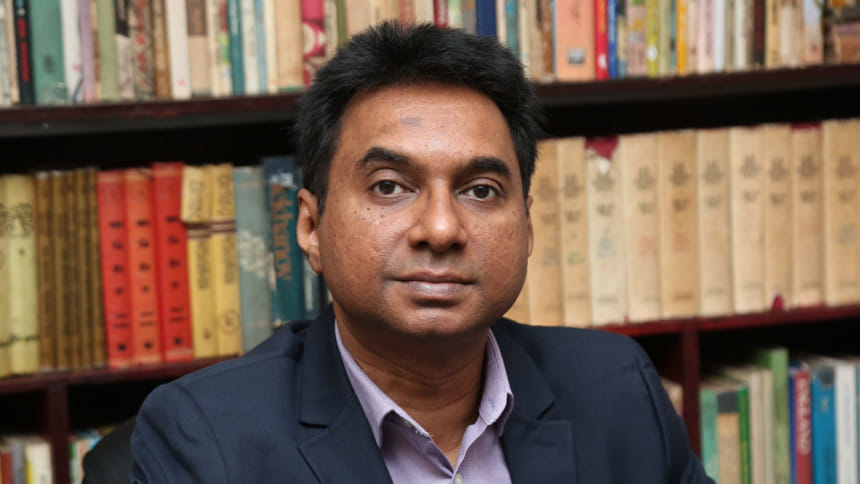Beyond the split: real tax reform needed to unlock Bangladesh's development

The decision to dissolve the National Board of Revenue (NBR) and form two new divisions—Revenue Policy Division and Revenue Management Division—is a bold and timely move. This reform has the potential to modernise Bangladesh's tax administration, increase revenue, and make the system more efficient.
The separation of policy and operational functions is a good step. It reflects international best practices. With one division focusing on policy and law-making, and the other on enforcement and compliance, there is scope to improve governance, transparency, and accountability. This structure can help align Bangladesh's revenue system with the evolving economic realities and growing fiscal needs.
However, the success of this reform depends on many other factors. Bangladesh needs a major overhaul of its entire tax system. The tax base must be widened. There should be a strong effort to reduce tax exemptions and shift away from over-reliance on indirect taxes. Direct taxes, especially income tax, must play a greater role. The richer section of the population, who don't pay taxes properly, must be brought under the tax net.
Corruption within the tax system must be tackled seriously. Clear rules and strict enforcement are needed. Tax laws, the appeal system, and the judicial process need to be modernised. Without these steps, even the best-designed structures will fail to deliver results.
As expected, there is already resistance to this reform. Some customs and income tax officials are protesting the new law, especially over the decision to appoint admin cadre officers in key posts. This resistance is not new. Bangladesh's tax sector is one of the most difficult sectors to reform. In the past, several reform efforts failed due to internal opposition and vested interests.
A part of the business community may also not be supportive of reform, as many benefit from the loopholes in the current system. Unless these challenges are addressed, this reform may face the same fate as earlier efforts.
Gaining the confidence of the bureaucracy is essential. Without their buy-in, the new system may not function properly. It is important to involve tax professionals in meaningful roles and ensure a smooth transition.
Bangladesh has one of the lowest tax-to-GDP ratios in the world. Without a strong and fair tax system, it will not be possible to finance development goals. Therefore, while this reform is welcome and necessary, its success will depend on broader tax system reforms, effective implementation, and managing the political economy of resistance.

 For all latest news, follow The Daily Star's Google News channel.
For all latest news, follow The Daily Star's Google News channel. 



Comments